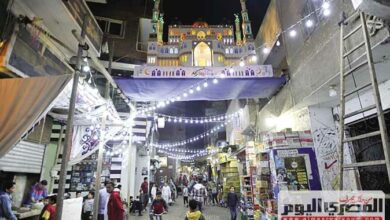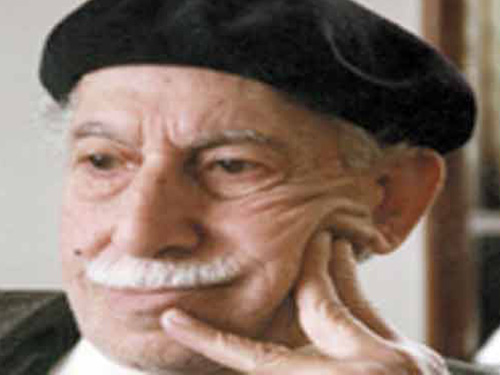
A Cairo Criminal Court acquitted on Saturday novelist Ahmed Naji and journalist Tarek Al-Taher after they were accused of violating public morals for publishing content with indecent and explicit sexual language.
Naji was arrested after publishing a chapter of his novel “The Use of Life” in Akhbar Al-Adab,a literary journal affiliated with Dar Akhbar Al-Youm News Foundation, after it had already been published by Dar El-Tanweer Publishing House.
“One of the readers claimed that he was ashamed while reading the novel’s chapter, then he complained to the prosecutor which mistakenly considered the novel as an article and charged me with violating public morals,” Naji told CBC channel.
A wave of outrage was evoked among novelists, activists and NGOs criticizing the term of “violating public morals”, questioning the phrase and who deems what is considered public morals.
Egyptian satirist Bassem Youssef commented on the case in a Tweet that said, "In 2015 authors are accused of vague charges such as “violating public morals."
Naji said he did not expect the acquittal given current restrictions on culture in Egypt. “We have witnessed a busy week of various security crackdowns on culture, including the verdict against TV presenter Islam Al-Behiery, the closure of Townhouse Gallery and the raid on Merit Publishing House”.
Naji said the prosecution should be more objective when dealing with such cases and apply the rights guaranteed by the constitution.
Egypt's 2014 constitution ensures the freedom of arts as mentioned in article 67, which says that "the freedom of artistic and literary creativity is guaranteed, the State shall encourage arts and literature, sponsor creative artists and writers and protect their productions, and provide the means necessary for achieving this end.”
The article also mentioned that no lawsuit may be initiated or filed to stop or confiscate any artistic literary, or intellectual works, or against their creators except by the Public Prosecutor.
“No freedom restricting sanction may be inflicted for crimes committed because of the publicity of artistic, literary or intellectual product. As for crimes related to the incitement of violence, discrimination between citizens, or impingement of individual honor, the law shall specify the penalties,” said the article.




